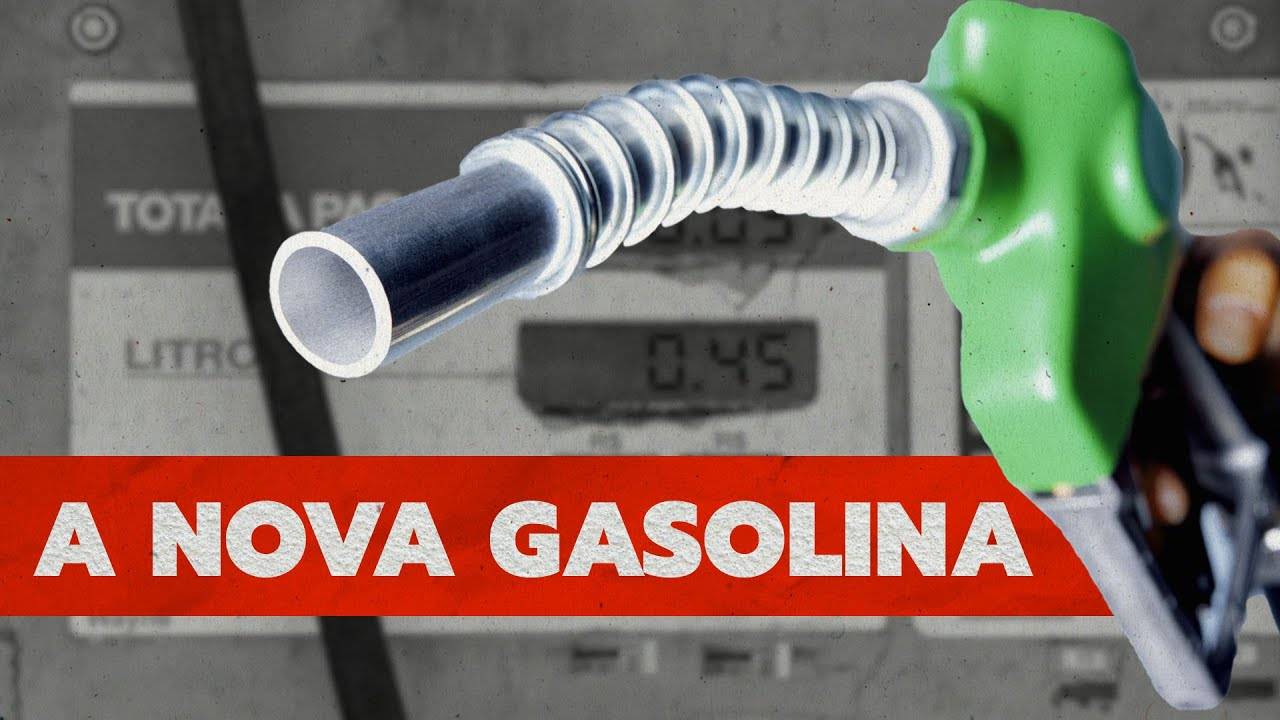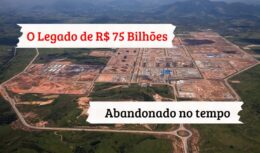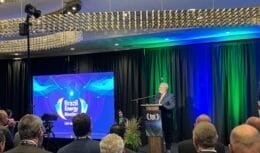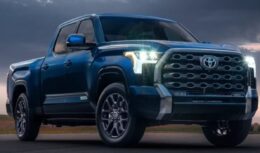
The new gasoline will be available at Bosch refueling stations later this year and the partnership with Volkswagen and Shell made all the difference in the final result of the new fuel
Vehicle manufacturer Volkswagen, technology provider Bosch and energy and petrochemical multinational Shell jointly developed Blue Gasoline. The innovation of the companies is a gasoline capable of reducing carbon dioxide (CO2) emissions by 20%.
Read also
Words from companies about the new gasoline
Bosch indicated in a statement that the new gasoline is composed of the equivalent of 33% renewable energy, allowing its emissions to be reduced by 20% compared to regular gasoline.
According to a Uwe Gackstatter, president of the Bosch Propulsion Systems Solutions division, in the journey of transforming mobility into something 100% sustainable, companies must be sure that no exploitable opportunity is left behind, starting with cars and electric cars and ending with renewable fuels. Therefore, he stressed that every gram of CO2 not emitted can help to achieve sustainable goals.
This new gasoline will be available for use at Bosch stations later this year. Volkswagen's Internal Combustion Engine Development director, Sebastian Willmann, pointed out that the new gasoline is an extremely important part in reducing CO2 emissions from combustion vehicles, and will also be suitable for use in hybrid models.
According to Shell's Head of Specialty Fuels, Felix Balthasar, this type of gasoline comes after Blue Diesel, increasing the range of renewable fuels with low CO2 emissions. According to the Shell executive, the new gasoline will give combustion engines a huge step towards sustainability.
Understand about synthetic fuels
Despite all the studies and efforts already made, a little more is needed before synthetic fuels can establish themselves in gasoline markets. Installations are still expensive and only a few test plants exist.
Synthetic fuels, such as those from Bosch, Volkswagen and Shell, are produced exclusively to support renewable energies. In the first stage, hydrogen is made from water. Soon after carbon is added to produce liquid fuel and can be recycled through industrial processes or even stored in the air through filters. The combination of CO2 and H2 results in the famous synthetic fuels, which can be diesel, gas, gasoline and even kerosene.
About Bosch, Volkswagen and Shell
Having been in Brazil for 65 years, Bosch employs around 8.000 employees and in 2019 it recorded a net profit of around R$ 5,2 billion with the offer of products and services for the mobility area, among many others.
Volkswagen, starting in the 1930s, is present in 150 countries and today is one of the largest car manufacturers in the world. It arrived in Brazil in 1953, when the first Beetle units were assembled using parts imported from Germany.
Shell is a global energy company with around 92 employees and is present in over 70 countries. In Brazil, Shell has a thousand employees.













Nobel Prize Otto Nobel Prize!
And the battlefield, all that matters is victory...
"Friendly nation" I don't believe you can…
The potential of this research and…
There is already a language translation app…
Developed countries now need a helping hand…
I've never seen a website publish so much zucchini...
It must be sold to the Australians, nation…